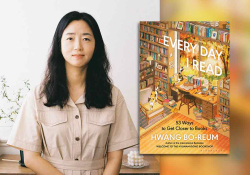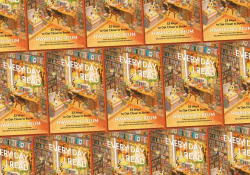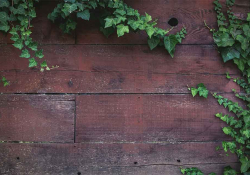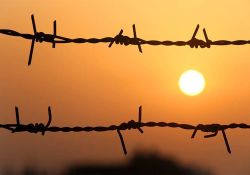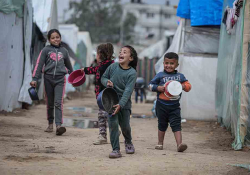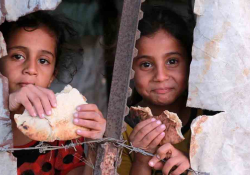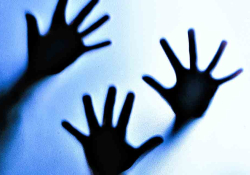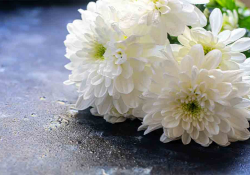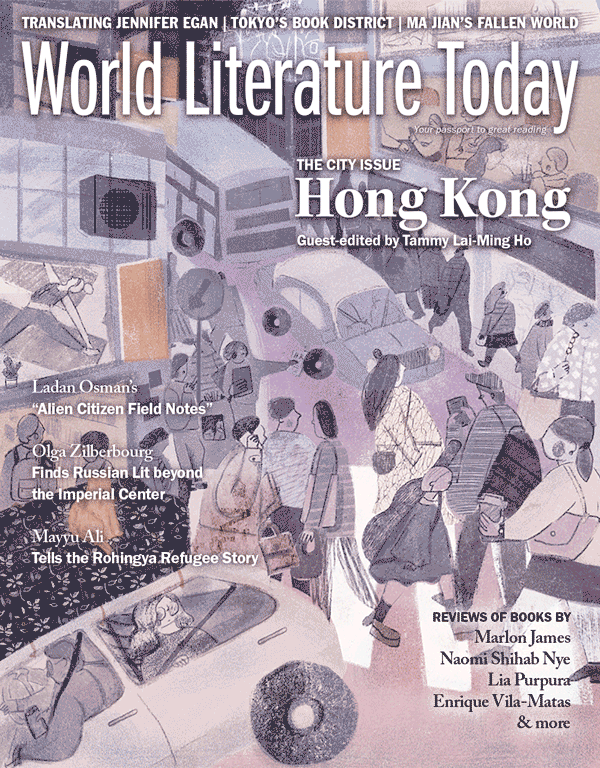Left Behind
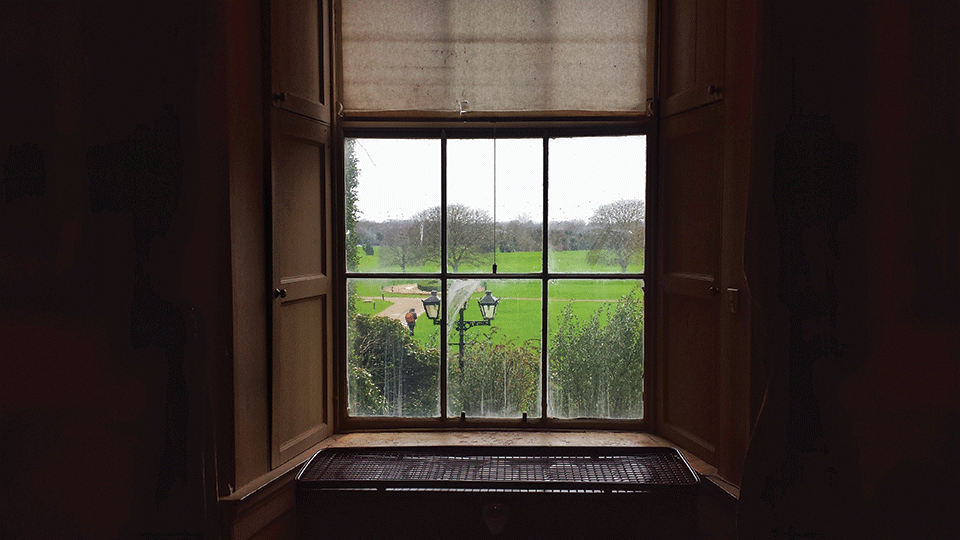
In this piece of flash memoir, a writer reflects on stereotypes, how Ireland has changed, and an aunt stuck in time.
Dear foreigner, tell me again how it is stereotype
when I write about the Ireland of sheepdip milking my hands like mud, and the wet wool smells to high heaven (if such a place exists) above the rath, that is raheen and fairy fort (if such a place exists because we know the fairies do not)
although to be fair not everything is just legend and myth there were the two men on the family farm when my uncles were young who saw a leprechaun, they swore it, leaping out from behind a rock, and they were not drunk, it was the middle of the day
and then there is the hidden gold (which I suppose does not exist, although it has been written about for hundreds of years, hidden on the family farm, which is a real place in Wexford, not just a fairy dream)
now I admit that it is stereotypical that the farm has really a lot of sheep, and many of them are hidden in high pasture away from the taxman, were the taxman ever to come and count, which of course he or she does not, not like the policeman who did come around once to ask about a labourer and a robbery
It is stereotypical that the farm has really a lot of sheep, and many of them are hidden in high pasture away from the taxman, were the taxman ever to come and count.
well we all know he didn’t try that twice, not when his bike was stolen and he had to ask my family to get it back for him, I know, just like in the comedies about rural Ireland, except it really happened, like the IRA who really did come, and threaten to shoot my grandfather, kidnapped him in the middle of the night. It’s like a trashy romance
how my grandmother caught the last safe train out of Cork during the Civil War, found a village that needed a teacher just like that, set up there, unmarried Protestant girl in the middle of all that, brave woman. Just like the brave Irish patriot girls in the historical films. I don’t know how stereotypical it is that one uncle was a fascist, wore a blue shirt, and marched in Enniscorthy before the war. But it’s definitely a stereotype
how my grandmother squared off the rationbook by bringing in farm meat and persuading extra raisins and flour out of the grocer all through the war. It’s probably a stereotype too how she went into a Catholic nursing home at the end of her life and decided she would after all take the wicked Catholic host into her Protestant mouth, you can’t be too sure who’s up there in heaven she explained, a lifetime of bigotry dissolving at the fear of death,
she probably stereotypically disowned her stereotypical Orange Order relatives from the North too
now that must have been a comfort to her daughter-in-law
who was born a Catholic and in a shocking use of stereotype ran away to Gretna Green to marry her Protestant beau, another uncle, this stereotypical love story took a stereotypical turn for the worse when he started to beat her, she was alone disowned by her family and alone on our farm,
so he could beat her as much as he wanted and no one cared, for fifty years, she’s still there, and so’s he, she’s still being beaten as far as I know. But that last part’s
not a stereotype
it’s just how life works after the end of the book
But that last part’s not a stereotype it’s just how life works after the end of the book.
Ireland has moved on and we are all modern and liberated now
Except her (distant from us as the fairies)
Still stuck in time like a poor historical novel (except she exists)
Mud, blood, on all our hands, wasted forgotten buried gold
We would go help with the sheep but do nothing for her
I would like to write to her and say I care but I don’t know what to say that would not be a cliché
Auckland, New Zealand
